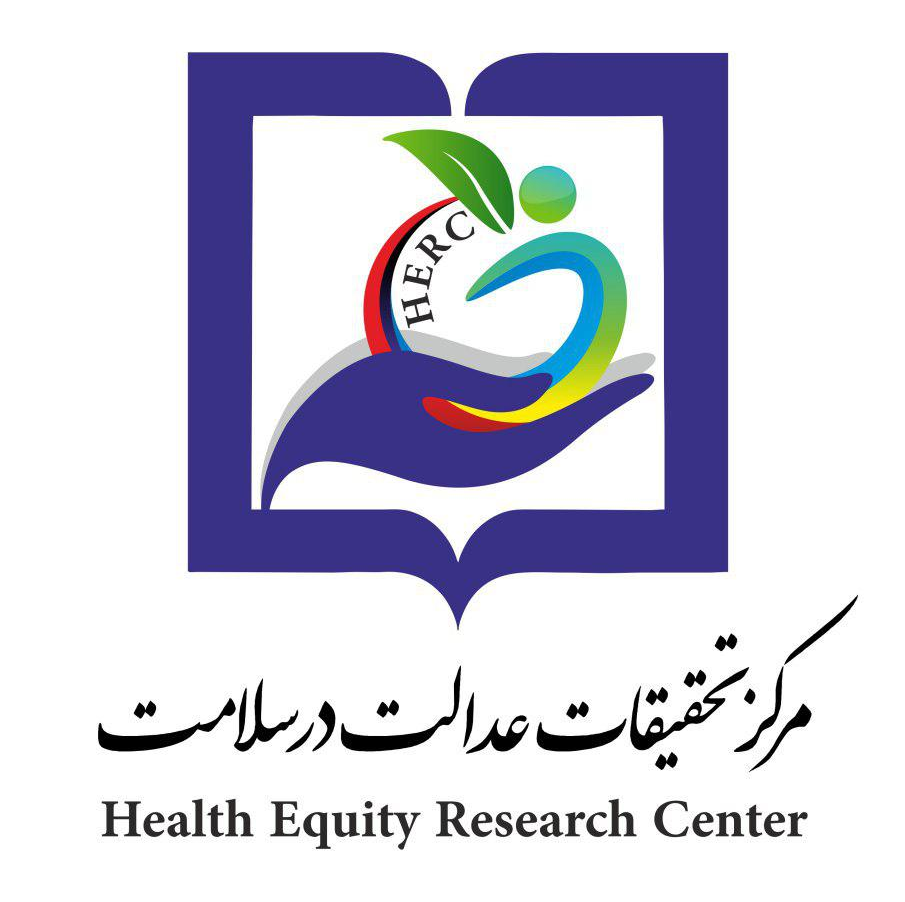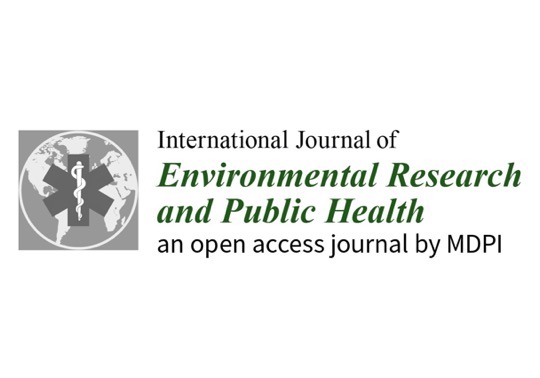Abstract
The health of migrants and refugees, which has long been a cause for concern, has come under greatly increased pressure in the last decade. Against a background where the world has witnessed the largest numbers of migrants in history, the advent of the COVID-19 pandemic has stretched the capacities of countries and of aid, health and relief organizations, from global to local levels, to meet the human rights and pressing needs of migrants and refugees for access to health care and to public health measures needed to protect them from the pandemic. The overview in this article of the situation in examples of middle-income countries that have hosted mass migration in recent years has drawn on information from summaries presented in an M8 Alliance Expert Meeting, from peer-reviewed literature and from reports from international agencies concerned with the status and health of migrants and refugees. The multi-factor approach developed here draws on perspectives from structural factors (including rights, governance, policies and practices), health determinants (including economic, environmental, social and political, as well as migration itself as a determinant) and the human security framework (defined as “freedom from want and fear and freedom to live in dignity” and incorporating the interactive dimensions of health, food, environmental, economic, personal, community and political security). These integrate as a multi-component ‘ecological perspective’ to examine the legal status, health rights and access to health care and other services of migrants and refugees, to mark gap areas and to consider the implications for improving health security both for them and for the communities in countries in which they reside or through which they transit.



No responses yet